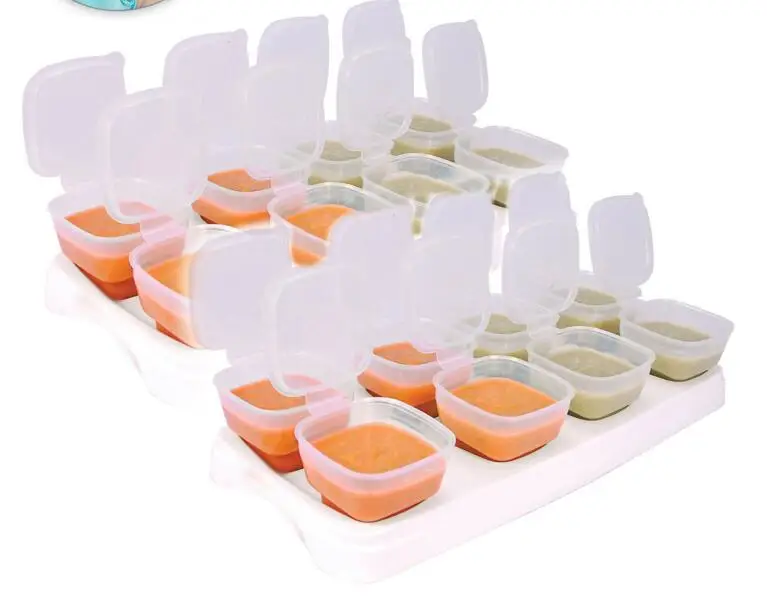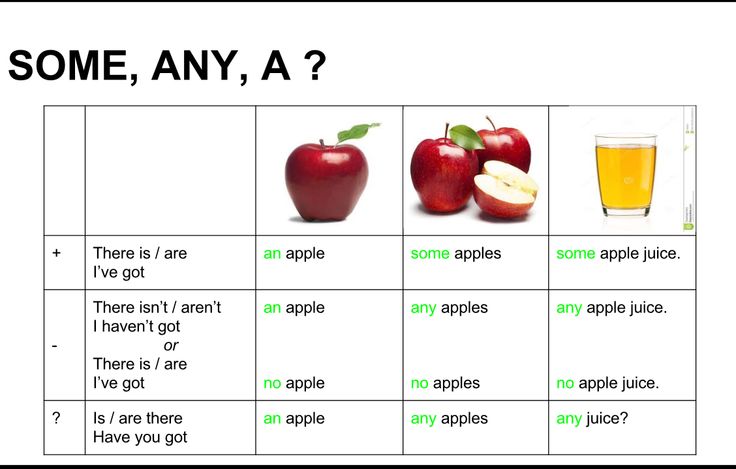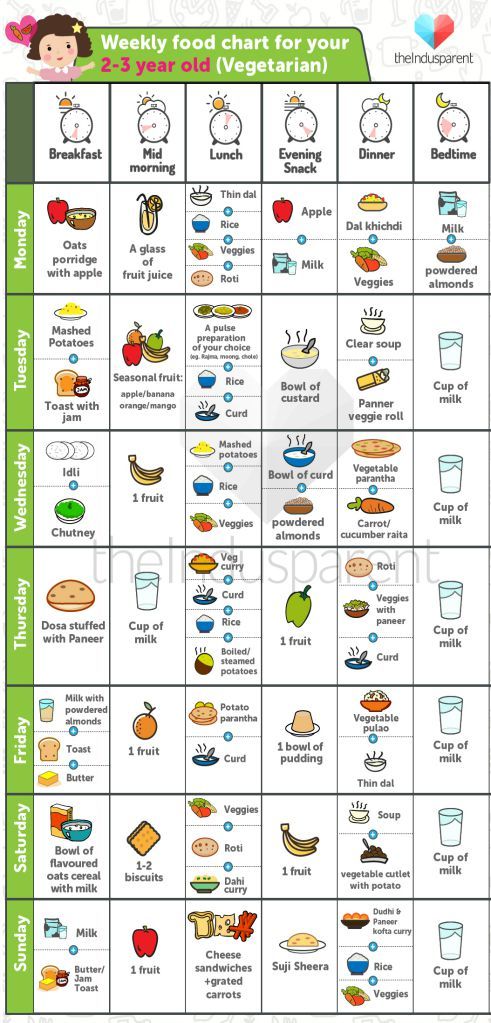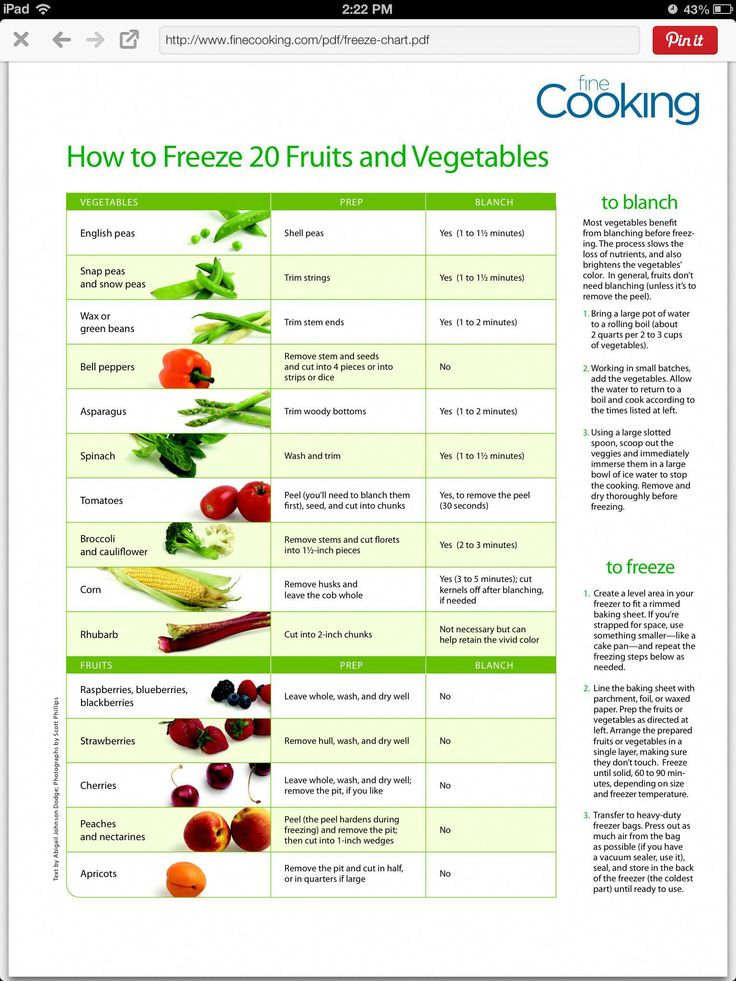My baby pukes after feeding
Vomiting (0-12 Months)
Is this your child's symptom?
- Vomiting (throwing up) stomach contents
- Other names for vomiting are puking, barfing and heaving
Causes of Vomiting
- Viral Gastritis. Stomach infection from a stomach virus is the most common cause. Also called stomach flu. A common cause is the Rotavirus. The illness starts with vomiting. Watery loose stools may follow within 12-24 hours.
- Food Allergy. Vomiting can be the only symptom of a food reaction. The vomiting comes on quickly after eating the food. Uncommon in infants, but main foods are eggs and peanut butter.
- Coughing. Hard coughing can also cause your child to throw up. This is more common in children with reflux.
- Serious Causes. Vomiting alone should stop within about 24 hours. If it lasts over 24 hours, you must think about more serious causes. An example is a kidney infection.
A serious cause in young babies is pyloric stenosis. See below for more on this.
Pyloric Stenosis (Serious Cause)
- The most common cause of true vomiting in young babies.
- Onset of vomiting is age 2 weeks to 2 months
- Vomiting is forceful. It becomes projectile and shoots out.
- Right after vomiting, the baby is hungry and wants to feed. ("hungry vomiter")
- Cause: The pylorus is the channel between the stomach and the gut. In these babies, it becomes narrow and tight.
- Risk: Weight loss or dehydration
- Treatment: Cured by surgery.
Vomiting Scale
- Mild: 1 - 2 times/day
- Moderate: 3 - 7 times/day
- Severe: Vomits everything, nearly everything or 8 or more times/day
- Severity relates even more to how long the vomiting goes on for. At the start of the illness, it's common for a child to vomit everything.
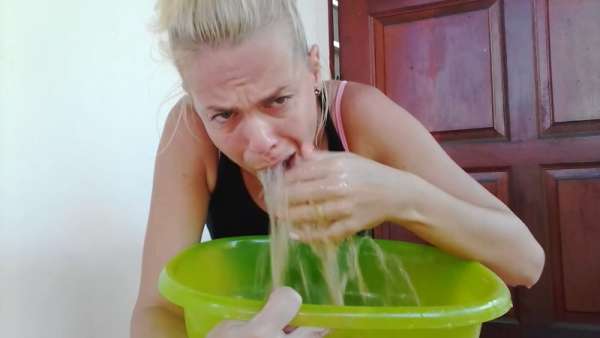 This can last for 3 or 4 hours. Children then often become stable and change to mild vomiting.
This can last for 3 or 4 hours. Children then often become stable and change to mild vomiting. - The main risk of vomiting is dehydration. Dehydration means the body has lost too much fluid.
- The younger the child, the greater the risk for dehydration.
Dehydration: How to Tell
- The main risk of vomiting is dehydration. Dehydration means the body has lost too much water.
- Vomiting with watery diarrhea is the most common cause of dehydration.
- Dehydration is a reason to see a doctor right away.
- Your child may have dehydration if not drinking much fluid and:
- The urine is dark yellow and has not passed any in over 8 hours.
- Inside of the mouth and tongue are very dry.
- No tears if your child cries.
- Slow blood refill test: Longer than 2 seconds. First, press on the thumbnail and make it pale. Then let go. Count the seconds it takes for the nail to turn pink again. Ask your doctor to teach you how to do this test.

When to Call for Vomiting (0-12 Months)
Call 911 Now
- Can't wake up
- Not moving
- You think your child has a life-threatening emergency
Call Doctor or Seek Care Now
- Dehydration suspected. No urine in over 8 hours, dark urine, very dry mouth and no tears.
- Stomach pain when not vomiting. Exception: stomach pain or crying just before vomiting is quite common.
- Age less than 12 weeks old with vomiting 2 or more times. Exception: normal spitting up.
- Vomited 3 or more times and also has diarrhea
- Severe vomiting (vomits everything) more than 8 hours while getting Pedialyte (or breastmilk)
- Head injury within the last 24 hours
- Weak immune system. Examples are sickle cell disease, HIV, cancer, organ transplant, taking oral steroids.
- Vomiting a prescription medicine
- Fever over 104° F (40° C)
- Fever in baby less than 12 weeks old. Caution: Do NOT give your baby any fever medicine before being seen.

- Your child looks or acts very sick
- You think your child needs to be seen, and the problem is urgent
Contact Doctor Within 24 Hours
- All other infants (age less than 1 year) with vomiting. See Care Advice while waiting to discuss with doctor.
Seattle Children's Urgent Care Locations
If your child’s illness or injury is life-threatening, call 911.
- Bellevue
- Everett
- Federal Way
- Seattle
- Virtual Urgent Care
Care Advice for Vomiting
- What You Should Know About Vomiting:
- Most vomiting is caused by a viral infection of the stomach.
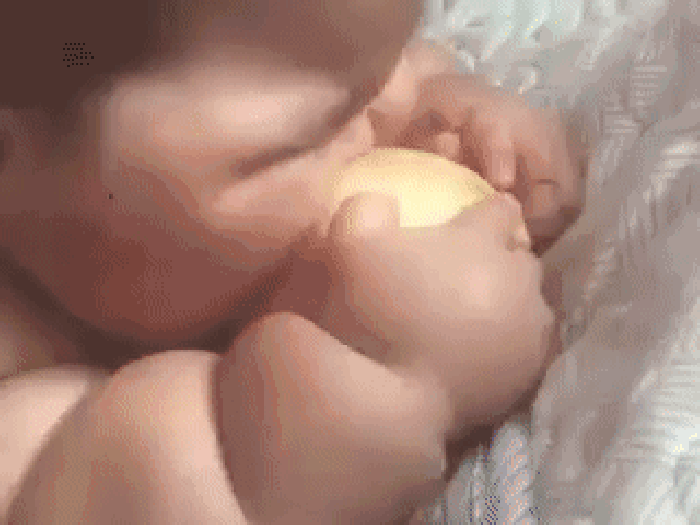
- Vomiting is the body's way of protecting the lower gut.
- The good news is that stomach illnesses last only a short time.
- The main risk of vomiting is dehydration. Dehydration means the body has lost too much fluid.
- Here is some care advice that should help.
- Most vomiting is caused by a viral infection of the stomach.
- Formula Fed Babies - May Give Oral Rehydration Solution (ORS) for 8 Hours:
- If vomits once, give half the regular amount of formula every 1 to 2 hours.
- If vomits formula more than once, offer ORS for 8 hours. If you don't have ORS, use formula until you can get some.
- ORS is a special fluid that can help your child stay hydrated. You can use Pedialyte or the store brand of ORS. It can be bought in food stores or drug stores.
- Spoon or syringe feed small amounts. Give 1-2 teaspoons (5-10 mL) every 5 minutes.
- After 4 hours without throwing up, double the amount.
- Return to Formula. After 8 hours without throwing up, go back to regular formula.

- Breastfed Babies - Reduce the Amount Per Feeding:
- If vomits once, nurse half the regular time every 1 to 2 hours.
- If vomits more than once, nurse for 5 minutes every 30 to 60 minutes. After 4 hours without throwing up, return to regular nursing.
- If continues to vomit, switch to pumped breastmilk. (ORS is rarely needed in breastfed babies. It can be used if vomiting becomes worse).
- Spoon or syringe feed small amounts of pumped milk. Give 1-2 teaspoons (5-10 mL) every 5 minutes.
- After 4 hours without throwing up, return to regular feeding at the breast. Start with small feedings of 5 minutes every 30 minutes. As your baby keeps down the smaller amounts, slowly give more.
- Pumped Breastmilk Bottle-Fed Infants - Reduce the Amount per Feeding:
- If vomits once and bottle-feeding breastmilk, give half the regular amount every 1-2 hours.
- If vomits more than once within last 2 hours, give 1 ounce (30 mL) every 30 to 60 minutes.

- If continues to vomit, give 1-2 teaspoons (5-10 mL) every 5 minutes. Only if not tolerating breastmilk, switch to ORS (e.g., Pedialyte) for every 5 minutes for a few hours.
- After 4 hours without vomiting, return to regular feedings. Start with 1 ounce (30 mL) every 30 minutes and slowly increase as tolerated.
- Stop All Solid Foods:
- Avoid all solid foods and baby foods in kids who are vomiting.
- After 8 hours without throwing up, gradually add them back.
- If on solid foods, start with starchy foods that are easy to digest. Examples are cereals, crackers and bread.
- Do Not Give Medicines:
- Stop using any drug that is over-the-counter for 8 hours. Reason: Some of these can make vomiting worse.
- Fever. Mild fevers don't need to be treated with any drugs. For higher fevers, you can use an acetaminophen suppository (such as FeverAll). This is a form of the drug you put in the rectum (bottom).
 Ask a pharmacist for help finding this product. Do not use ibuprofen. It can upset the stomach.
Ask a pharmacist for help finding this product. Do not use ibuprofen. It can upset the stomach. - Call your doctor if: Your child vomits a drug ordered by your doctor.
- Try to Sleep:
- Help your child go to sleep for a few hours.
- Reason: Sleep often empties the stomach and removes the need to vomit.
- Your child doesn't have to drink anything if his stomach feels upset and he doesn't have any diarrhea.
- Return to Child Care:
- Your child can return to child care after the vomiting and fever are gone.
- What to Expect:
- For the first 3 or 4 hours, your child may vomit everything. Then the stomach settles down.
- Vomiting from a viral illness often stops in 12 to 24 hours.
- Mild vomiting and nausea may last up to 3 days.
- Call Your Doctor If:
- Vomits clear fluids for more than 8 hours
- Vomiting lasts more than 24 hours
- Blood or bile (green color) in the vomit
- Stomach ache present when not vomiting
- Dehydration suspected (no urine in over 8 hours, dark urine, very dry mouth, and no tears)
- You think your child needs to be seen
- Your child becomes worse
And remember, contact your doctor if your child develops any of the 'Call Your Doctor' symptoms.

Disclaimer: this health information is for educational purposes only. You, the reader, assume full responsibility for how you choose to use it.
Last Reviewed: 04/24/2023
Last Revised: 12/30/2022
Copyright 2000-2023 Schmitt Pediatric Guidelines LLC.
Baby Vomiting After Feeding Formula: Causes and Treatment
Your little one is happily gulping their formula while cooing at you. They finish off the bottle in no time flat. But shortly after feeding, it seems to all come out as they vomit.
There are several reasons why your baby might be vomiting after a formula feeding, but it’s important to remember that it can be — and often is — very normal.
It’s common for babies to throw up sometimes after feeding on formula or breast milk. Their shiny new digestive systems are still learning what to do with all the yummy milk coming down into their tummy.
However, if your baby often has a hard time keeping their formula down on a regular and frequent basis, let your pediatrician know.
Having a baby around means getting used to soft mushy stuff coming out fairly often. This includes spit-up and vomit.
Spit-up and vomit might seem pretty much the same — and require similar amounts of cleaning to get them off of your sweater and the sofa — but they’re very different. Spitting up is an easy, gentle dribble of milk. Baby may even smile at you as the curd-like spit-up flows from their mouth.
Spit-up is normal in healthy babies, especially if they’re under the age of 1.
On the other hand, vomit takes more effort, as it comes from deeper in your little one’s stomach. It’s a sign that your baby’s stomach is saying nope, not now, please. You might see your baby strain and recoil just before they projectile vomit. This force happens because vomit is squeezed out by the stomach muscles.
Your baby might also look more uncomfortable during and after vomiting. And vomit looks and smells different. This is because it’s usually formula, breast milk, or food (if your baby is eating solids) mixed with stomach juices.
If you’re not sure whether your baby is vomiting or spitting up, look for other vomiting symptoms, like:
- crying
- gagging
- retching
- turning red
- arching their back
That said, there doesn’t seem to be agreed-upon definitions of these two terms among healthcare providers, caregivers, and others. Plus, their symptoms may overlap. For example, spitting up may sometimes be forceful, and vomiting may sometimes seem painless.
Overfeeding
It’s easier for your baby to overfeed when they’re drinking from a bottle than when they’re breastfeeding. They can also gulp down milk faster from a bottle and rubber nipple. What’s more, because formula is always available, it’s easier for you to give them more milk than they need by accident.
Babies have tiny stomachs. A 4- to 5-week-old infant can only hold about 3 to 4 ounces in their tummy at a time. This is why they need lots of smaller feedings. Drinking too much formula (or breast milk) in one feeding can overfill your baby’s stomach, and it can only come out one way — vomit.
Not burping properly
Some babies need to be burped after every feeding because they swallow lots of air as they gulp down milk. Bottle feeding your baby breast milk or formula may lead to more air-swallowing, as they can gulp even faster.
Too much air in the stomach can make your baby uncomfortable or bloated and trigger vomiting. Burping your baby right after feeding them formula may help prevent this.
To help prevent your baby from swallowing too much air and vomiting after formula feeding, check your baby’s bottle. Make sure you’re using a smaller bottle that’s just big enough to hold a few ounces of milk. Also, check to make sure the nipple hole is not too big, and don’t let your baby continue gulping when the bottle is empty.
Baby or infant reflux
Baby can have acid reflux, indigestion, or occasionally gastroesophageal reflux disease (GERD just like grown-ups! This happens because their stomach and food tubes are still getting used to holding down milk.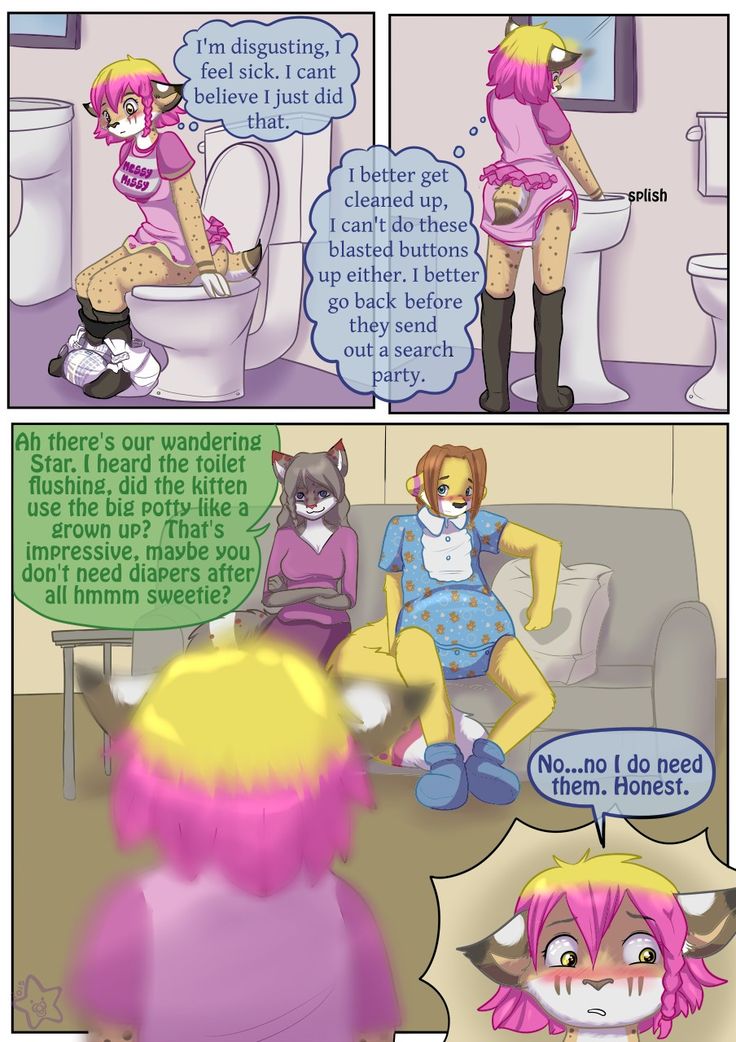
Baby reflux happens when milk travels back up toward your baby’s throat and mouth. This usually just causes some painless spitting up, but it can irritate your baby’s throat and trigger gagging and vomiting.
Sometimes, smaller feedings can help prevent baby reflux. If not, don’t worry! Most little ones outgrow baby reflux by the time they’re 1 year old.
Constipation
While simple constipation would be an uncommon cause of vomiting in an otherwise healthy infant, sometimes baby vomiting happens because of what isn’t happening at the other end.
Most babies who are formula-fed need to poop at least once a day. Anything less than your baby’s typical pattern, though, might indicate they’re constipated.
If your baby is vomiting after a formula feeding, they might be constipated if they have other symptoms, including:
- gassiness
- not pooping for longer than 3–4 days
- a swollen or bloated stomach
- a firm or hard stomach
- crying bouts or irritableness
- straining very hard but not pooping or pooping only a little
- small, hard pellet-like poop
- dry, dark poop
Stomach bug
If your baby doesn’t usually vomit after having formula, they might have a stomach bug. Also known as gastroenteritis or the “stomach flu,” a stomach bug is a very common cause of vomiting in babies. Your little one may vomit several times for up to 24 hours.
Also known as gastroenteritis or the “stomach flu,” a stomach bug is a very common cause of vomiting in babies. Your little one may vomit several times for up to 24 hours.
Other symptoms of a stomach bug include:
- crying
- stomach cramps
- stomach rumbling
- bloating
- diarrhea or watery poop
- mild fever (or none at all in babies)
Allergy
In rare cases, the cause of your baby’s vomiting might be in the formula. Although it’s uncommon for babies to be allergic to cow’s milk, it may happen to up to 7 percent of babies under the age of 1.
Most children outgrow a milk allergy by the time they’re 5 years old, but it can cause vomiting and other symptoms in babies. A cow’s milk allergy might cause vomiting right after your baby eats. It can also cause vomiting and other symptoms hours or rarely days later.
If your baby has an allergy to milk or something else, they might have other symptoms of an allergic reaction, like:
- skin rash (eczema)
- diarrhea
- cough
- hives
- difficulty breathing
- wheezing
Lactose intolerance
An allergy to milk is different than being lactose intolerant.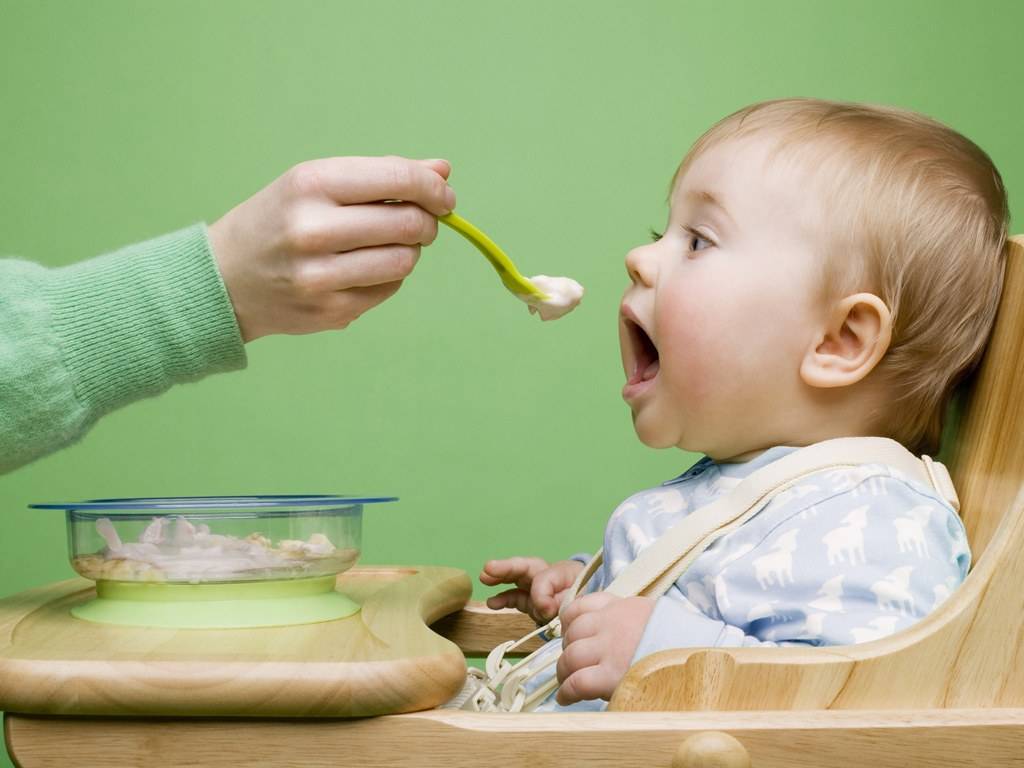 Lactose intolerance usually causes digestive symptoms like diarrhea. It can also make your baby vomit after drinking formula containing cow’s milk.
Lactose intolerance usually causes digestive symptoms like diarrhea. It can also make your baby vomit after drinking formula containing cow’s milk.
Your baby might get temporary lactose intolerance after getting a tummy bug or gastroenteritis, although this is uncommon.
Other symptoms include:
- diarrhea or watery poops
- constipation
- bloating
- gassiness
- stomach pain
- stomach rumbling
Note that lactose intolerance is rare in babies under the age of 1.
Other causes
Some common health conditions can cause vomiting at any time, including after breastfeeding or formula feeding. Some rare genetic conditions can also cause vomiting in babies.
Other causes of vomiting in babies include:
- colds and the flu
- ear infections
- some medications
- overheating
- motion sickness
- galactosemia
- pyloric stenosis
- intussusception
In most cases, minor tweaks can help stop your baby’s vomiting. Remedies to stop your baby’s vomiting after formula depend on what’s causing it. Try some of these tried and tested methods to see what helps your baby:
Remedies to stop your baby’s vomiting after formula depend on what’s causing it. Try some of these tried and tested methods to see what helps your baby:
- feed your baby smaller amounts of formula more often
- feed your baby slowly
- burp your baby after the feeding
- hold your baby’s head and chest up while feeding
- hold your baby upright after a feeding
- make sure your baby doesn’t move around or play too much right after a feeding
- try a smaller bottle and smaller-hole nipple to feed
- check the ingredient list on your baby’s formula
- ask your baby’s doctor if you should try a different kind of formula
- talk to your baby’s doctor about a possible allergic reaction
- dress your baby in looser clothing
- make sure their diaper isn’t on too tightly
If your baby has the stomach flu, you’ll both usually just have to ride it out for a day or two. Most babies and children with a stomach bug don’t need treatment.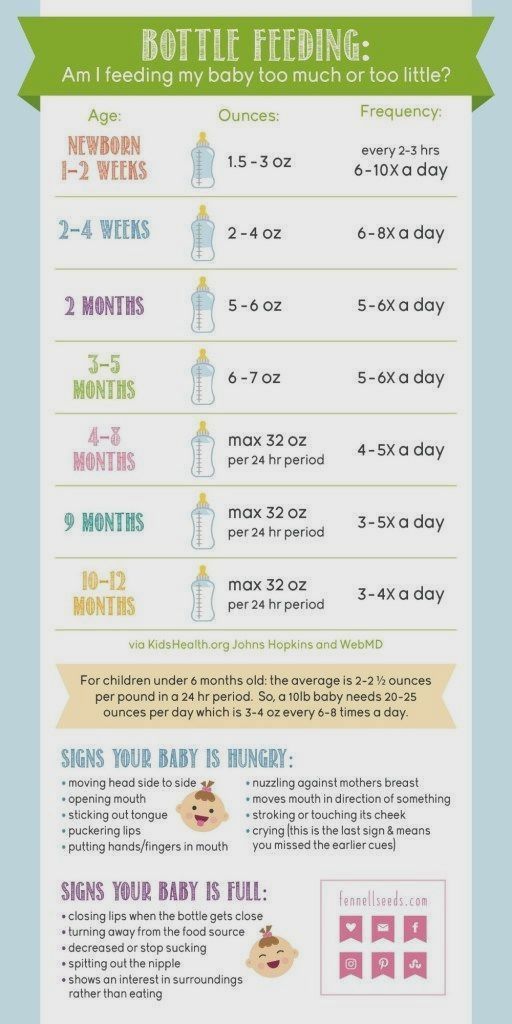
If your baby is vomiting, see your doctor or pediatrician right away if they:
- are vomiting often
- are vomiting forcefully
- aren’t gaining weight
- are losing weight
- have a skin rash
- are unusually sleepy or weak
- have blood in their vomit
- have green bile in their vomit
Also, see your doctor urgently if your baby has any sign of dehydration from all the vomiting:
- dry mouth
- crying without shedding tears
- a weak or quiet cry
- floppiness when picked up
- no wet diapers for 8 to 12 hours
It’s pretty common for babies to vomit, especially after feeding. This happens for many reasons, including that these little people are still just getting used to keeping down their milk.
Check with your doctor about what you can do. See your doctor urgently if your baby vomits often for any reason.
A newborn vomited up - what to do, causes and how to help
The urge to vomit in a newborn is an alarming symptom that should not be ignored. They may be the result of accidental ingestion of a small object by a baby, intoxication, acute appendicitis, intestinal obstruction, or other diseases. The most harmless reason that a child vomited is overeating.
They may be the result of accidental ingestion of a small object by a baby, intoxication, acute appendicitis, intestinal obstruction, or other diseases. The most harmless reason that a child vomited is overeating.
Physiological causes of vomiting
Sometimes vomiting is a short-term phenomenon that is not associated with pathology or disease. What could be the reasons that a healthy newborn vomited:
- overeating - the baby ate too much breast milk or formula;
- the baby is teething, and vomiting is a sign of temporary malaise;
- child swallows air while feeding;
- wrong daily routine, severe fatigue;
- active play and activity immediately after eating.
If the baby feels well, you need to help him calm down and give him a drink of warm boiled water. Put the baby to sleep on the side. The baby will relax, the contents of the stomach will move into the intestines, and vomiting attacks will not recur. Try not to bathe the baby, do not shake immediately after eating. Keep track of the amount of food he gets to avoid overeating.
Try not to bathe the baby, do not shake immediately after eating. Keep track of the amount of food he gets to avoid overeating.
The introduction of a new mixture can also cause vomiting. Check with your pediatrician to make sure there are no other causes. Your doctor can help you find other foods that are right for your child.
Sometimes babies feel sick after crying for a long time, for example, the mother left, and the baby is very bored or hungry. If there are no other alarming symptoms, calm the baby as soon as possible, shake, feed, sing a gentle song. If vomiting recurs later, you need to call the pediatrician.
Symptoms and possible causes of vomiting
Most often, vomiting is a signal of diseases that can be identified by additional symptoms.
Poisoning or intestinal infections
The symptoms of poisoning and intestinal infection are very similar: the newborn is sick, his stool changes, his tummy hurts and his temperature rises. The child should be given constant water to drink so that dehydration does not occur. In any of these conditions, you need to urgently call a doctor.
The child should be given constant water to drink so that dehydration does not occur. In any of these conditions, you need to urgently call a doctor.
Concussion
Babies are very mobile, if a child hits his head or falls, you need to urgently call an ambulance. A concussion is accompanied by vomiting, crying, temporary loss of consciousness, pallor, drowsiness, and impaired coordination of movements.
Foreign body
Swallowing a small object can also cause vomiting without vomiting in neonates. The baby may begin to salivate profusely, have breathing problems, he may vomit with mucus and blood in the vomit. If you suspect that the baby has swallowed any object, call an ambulance.
Appendicitis
This phenomenon is rare in newborns. If appendicitis is inflamed, the baby has a very sore tummy, when stroking or probing, the pain and crying intensify. There is nausea, weakness, restless behavior. Inflammation of appendicitis in infants is life-threatening, you need to urgently call an ambulance.
Inflammation of appendicitis in infants is life-threatening, you need to urgently call an ambulance.
Allergic reaction, food intolerance
If a child has an intolerance to certain foods or an allergy to them, vomiting is accompanied by diarrhea, skin rashes, the baby is capricious, restless. With such symptoms, you need to contact a pediatrician and an allergist.
Acute infections
SARS, pyelonephritis, pneumonia can provoke a gag reflex without vomiting in a newborn from severe coughing spells and general weakness. With a high temperature, sore throat, cough, you need to call a pediatrician at home to examine the child and prescribe appropriate treatment.
Intestinal obstruction
This is a dangerous disease. It can be congenital or acquired. Accompanied by severe bloating, bile impurities are observed in vomiting. The baby cries a lot, the stool changes to a state of red jelly. Feeding is stopped and urgently seek medical help - the disease is life-threatening.
Congenital pathologies of the digestive system
Congenital pathologies lead to serious digestive problems. If you notice that the child is restless during feeding, his stool is broken, his tummy is swollen, he is gaining weight poorly or losing it, consult a doctor. It is necessary to undergo an examination of the gastrointestinal tract and pass additional tests.
Neurological disorders
The main causes of gag reflex without vomiting in the newborn are neurological disorders. They occur most often in premature babies, in children with underweight. The cause of such disorders may be birth trauma, asphyxia or fetal hypoxia. With such pathologies, gag reflexes are accompanied by hyperactivity, chin tremor, strabismus, convulsions. You need to contact a neurologist and undergo inpatient treatment.
Heat stroke
Heat stroke is accompanied by nausea, skin redness, dizziness, rapid breathing. Also, the child develops lethargy, dry skin.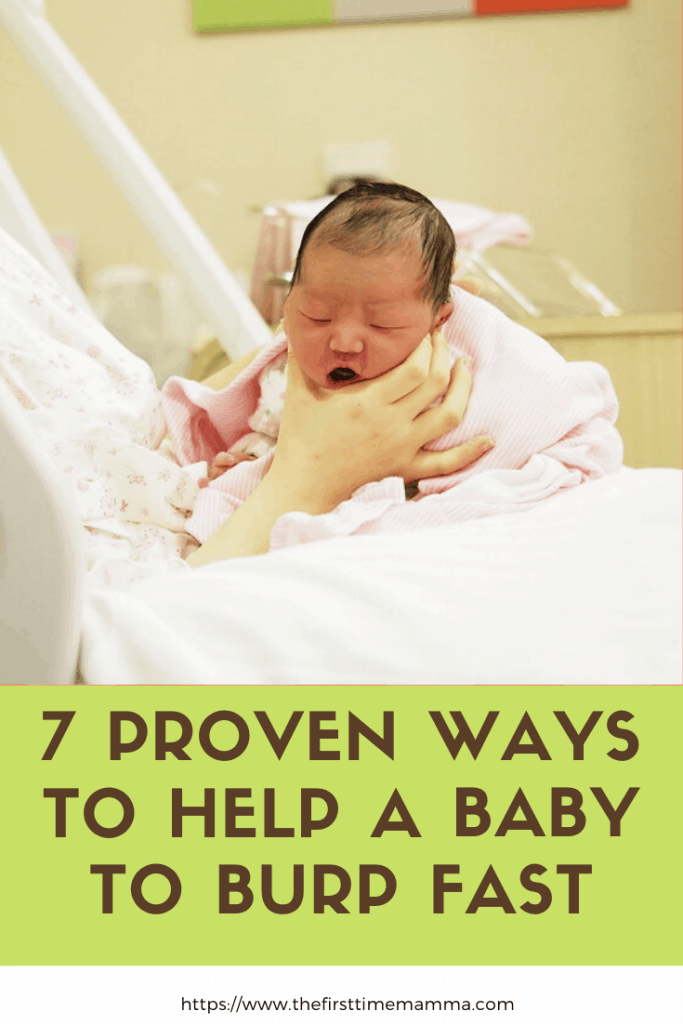 Call the doctors, before they arrive, put the child in a cool place on the barrel.
Call the doctors, before they arrive, put the child in a cool place on the barrel.
How to distinguish vomiting from regurgitation
Spitting up is a natural process. The baby spits up a few minutes after feeding. It is not dangerous, it is a normal physiological process. If the baby gets a large amount of air into the tummy (swallowed while eating), then after regurgitation the discomfort disappears, he immediately feels better.
Vomiting is the result of reflex contraction of the muscles of the abdominal cavity and diaphragm, it is accompanied by rapid breathing, profuse salivation.
The main differences between vomiting and regurgitation:
Why vomiting is dangerous
Vomiting is a protective reflex of the body. So he gets rid of foreign bodies, removes toxins, microorganisms, excess food. Most often, vomiting is a symptom of diseases that are dangerous for the baby:
- Vomiting itself is dangerous due to possible dehydration of the body.
 The baby loses not only the liquid, but also the mineral salts dissolved in it. The water-salt balance is disturbed, this affects the general condition of the crumbs. For newborns, this is especially dangerous, because dehydration occurs rapidly, and replenishing a full supply of fluid is not so easy.
The baby loses not only the liquid, but also the mineral salts dissolved in it. The water-salt balance is disturbed, this affects the general condition of the crumbs. For newborns, this is especially dangerous, because dehydration occurs rapidly, and replenishing a full supply of fluid is not so easy.
- The second danger of vomiting is the inhalation of vomit. During an attack, the baby should be held upright, for safety reasons, you need to ensure that the baby's head lies on its side in a dream.
- Weight loss due to food rejection is also dangerous. This is especially important for premature babies or babies with a small body weight.
If the baby has vomited, carefully monitor his condition and well-being. Make sure it's not spitting up. If in doubt, it is better to call a doctor anyway, rather than wait for more serious symptoms.
When to call a doctor
It is always better to play it safe and call a doctor if you are not sure about your baby's health.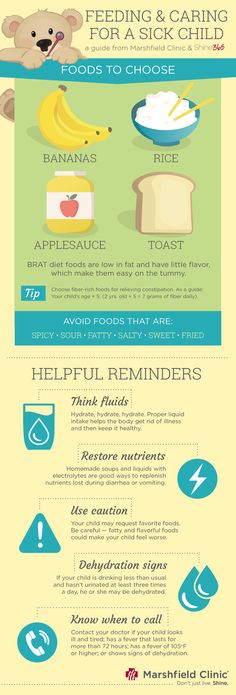 In which cases it is necessary to seek medical help:
In which cases it is necessary to seek medical help:
- the baby is vomiting, but he did not poop;
- the child is crying, restless, his stomach hurts;
- repeated vomiting;
- symptoms of dehydration appear;
- vomiting accompanied by diarrhoea;
- vomiting is a fountain;
- before vomiting the child fell or hit his head hard;
- there is blood in the vomit, brown or black blotches;
- the child does not eat or drink;
- everything that the child ate and drank comes out with vomiting;
- he has a high temperature;
- baby is lethargic, sleepy.
Treatment
Vomiting in children may require enterosorbent. It is believed that this tool binds and removes from the body toxic metabolites, allergens, bacteria, viruses and other harmful compounds that can provoke vomiting.
For the smallest, that is, children under two years old, when choosing an enterosorbent to alleviate the conditions that caused vomiting, you can be guided by the statement of ANSM (France).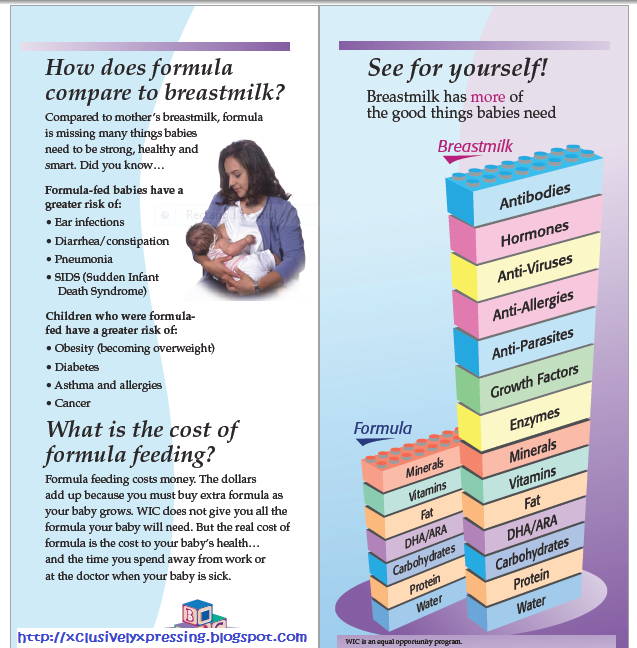 So, in March 2019, this French regulator published information that raw materials for the production of clay-based powder enterosorbents may contain lead. This harmful substance can penetrate into the bloodstream and in certain concentrations have a depressing effect on the development of the baby.
So, in March 2019, this French regulator published information that raw materials for the production of clay-based powder enterosorbents may contain lead. This harmful substance can penetrate into the bloodstream and in certain concentrations have a depressing effect on the development of the baby.
The Russian Society of Obstetricians and Gynecologists (ROAG) designated the Russian "Enterosgel" as the first choice for the treatment of conditions requiring the use of an enterosorbent in young children, pregnant and lactating women. "Enterosgel" is a molecular sponge that is not absorbed into the blood and works only in the lumen of the gastrointestinal tract. A homogeneous gel-like form with a neutral smell and taste simplifies the use of "Enterosgel" even for the smallest. It is important that "Enterosgel" promotes the healing of microtraumas on the mucous membranes of the gastrointestinal tract and minimizes the risk of constipation during use due to the formula saturated with water.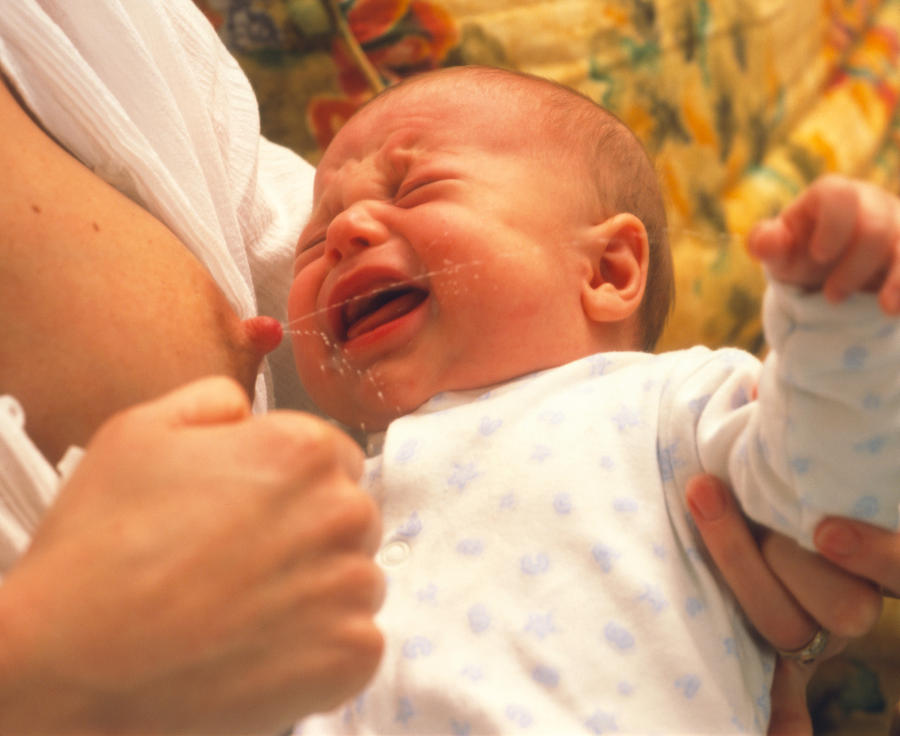
The main danger of vomiting is dehydration. It is urgent to call a doctor so that he establishes the cause of vomiting and prescribes the appropriate treatment. Also, the doctor prescribes electrolyte solutions, which need to replenish the fluid lost by the body.
What to do while waiting for the doctor
- make sure that the child is in an upright position;
- after each bout of vomiting, wash the child, clean his mouth and nose;
- try not to disturb the child unnecessarily, do not carry him from place to place;
- it is possible to feed milk or a mixture familiar to the baby if there are no other dangerous symptoms;
- try to give the baby some water to drink;
- do not give any medication until the doctor arrives;
- do not give the newborn prebiotics, probiotics, zinc, enterosorbents, antidiarrheal drugs (if diarrhea has joined) - the doctor should prescribe treatment, it is dangerous to experiment in the treatment of such a small child.

What to give your baby to drink
Give your baby plenty of fluids to prevent dehydration. It is best to put the baby to the breast more often. If the doctor has already suggested which pharmacy solutions of electrolytes can be used, use them. If there are no such appointments, you can make the solution yourself. How to cook:
- take 1 liter of boiled water;
- add 1 level teaspoon of salt;
- 4-5 level teaspoons of sugar.
Mix everything thoroughly, store in the refrigerator for no more than a day. Give your child a few milliliters every five to ten minutes. To do this, take a syringe, remove it from it and put the tip with a needle away and gently squeeze the liquid into the baby's mouth with such a harmless piston.
Signs that the treatment is not working
Sometimes the situation does not improve or even worsens after a doctor prescribes treatment. Carefully monitor the well-being of the child. You need to re-call the doctor and change the treatment regimen if:
You need to re-call the doctor and change the treatment regimen if:
- vomiting and diarrhea do not subside within 24 hours after treatment;
- condition worsens;
- vomiting worse from drinking too much;
- the baby became lethargic and drowsy.
Pay attention to your baby's signs of illness. Call a doctor, follow the prescribed treatment. Track how the child's condition changes. With timely treatment, babies quickly recover and recover from illnesses.
How to stop a child’s vomiting: doctors about the dangers of home treatment
Causes of vomiting in children
As Elena Grek, a pediatric gastroenterologist at the SM-Clinic in St. Petersburg, told Gazeta.Ru, children vomit for several reasons:
“Most often this is a manifestation of intestinal infections: enterovirus, adenovirus or bacterial infections. Second place is occupied by food poisoning. And in older children, vomiting can be a symptom of an exacerbation of a disease of the gastrointestinal tract, for example, gastritis.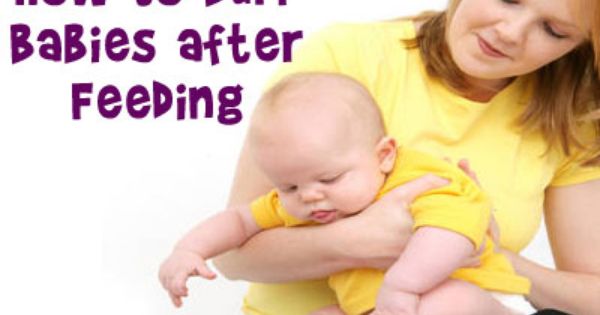 If the child vomits bile, but at the same time he feels fine, it may be a reflux of bile into the stomach.
If the child vomits bile, but at the same time he feels fine, it may be a reflux of bile into the stomach.
Usually such episodes recur with a certain frequency: once a week or a month. Another cause of vomiting in children is sunstroke. When overheated, a child usually vomits only once, and there are no other signs of gastrointestinal upset. In this case, it will be enough to let the baby rest in a dark, cool room.
The doctor also noted that vomiting can begin if blood pressure rises sharply, but this is extremely rare in young children.
Most parents are unable to understand what causes vomiting in children. Moreover, sometimes it can be accompanied by loose stools and abdominal pain. It is necessary to seek medical help from a pediatrician or pediatric gastroenterologist, and in some cases, you will need to call an ambulance.
Do not forget that babies have regurgitation, and they have nothing to do with vomiting. About half of newborns under the age of three months spit up at least once a day.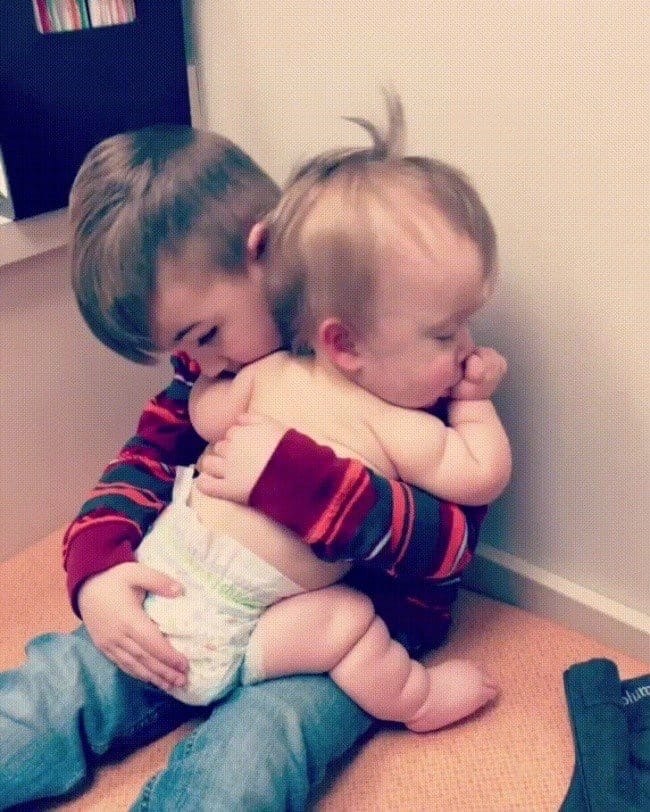
How to quickly stop vomiting at home
Seeing that the child is vomiting, parents ask themselves the question “How to quickly stop vomiting at home?” Many adults hope that there is a universal drug that will immediately solve the problem.
However, Ksenia Batrak, a pediatrician at the SM-Clinic in St. Petersburg, warns that it is practically impossible to stop vomiting quickly, and most often it is not necessary and even dangerous:
“It is no coincidence that doctors do not advise giving children antiemetics. Vomiting is a protective symptom that helps the body rid itself of infection. By stopping it with the help of pills, we harm children ourselves. We also interfere with the correct diagnosis, blurring the clinical picture of the disease. So it’s not worth trying to stop vomiting at home.”
Andrey Kurenkov, pediatrician, expert of the Mama TV channel, also warns against home “treatment” of parents:
“In no case should you stop vomiting on your own, without seeing a doctor. The fact is that vomiting occurs in many diseases, some of which are mild and self-limiting, and some are deadly (intestinal obstruction, diabetic ketoacidosis, acute adrenal insufficiency, non-food poisoning, increased intracranial pressure). If vomiting is caused by these reasons, and you will try to stop it, you risk losing time.
The fact is that vomiting occurs in many diseases, some of which are mild and self-limiting, and some are deadly (intestinal obstruction, diabetic ketoacidosis, acute adrenal insufficiency, non-food poisoning, increased intracranial pressure). If vomiting is caused by these reasons, and you will try to stop it, you risk losing time.
close
100%
What can be given to a child for vomiting
Ksenia Batrak notes that instead of stopping a child’s vomiting, you can try to alleviate his general condition by giving him something sour: a grated apple or a little water with lemon. But the main task is to provide the child's body with a sufficient amount of fluid to prevent dehydration.
“If you vomit once, you can give dried fruit compote. But if the child continues to vomit, you need to switch to fractional drinking: take at least a few sips every 10-15 minutes. It is better to drink plain water, but boiled, ”recommends Dr. Batrak.
Does the child have dry mouth, foamy saliva or no saliva, reduced urge to urinate, small urine volume, reduced activity? These are signs of dehydration. Loose stools further accelerate fluid loss.
Loose stools further accelerate fluid loss.
Vomiting and diarrhea are dangerous for a small child due to a decrease in electrolytes in the body. Together with the liquid, the child also loses biologically significant elements that support important processes in cells. Pediatrician Ksenia Batrak told how they can be replenished: “To compensate for the loss of glucose or acids, you can add a little sugar or lemon juice to ordinary water. You can also buy ready-made solutions with a verified composition of electrolytes, salt and sugar. For example, Regidron Bio. Usually, children do not really like their taste, but such solutions help to replenish the balance of nutrients. If the cause of vomiting in children is food poisoning, sorbent preparations can be taken.
Pediatrician Andrei Kurenkov explains why a drug for adults cannot be used to restore the water-salt balance (rehydration):
salt concentration, and they themselves can provoke vomiting. For children, funds with low osmolarity are needed.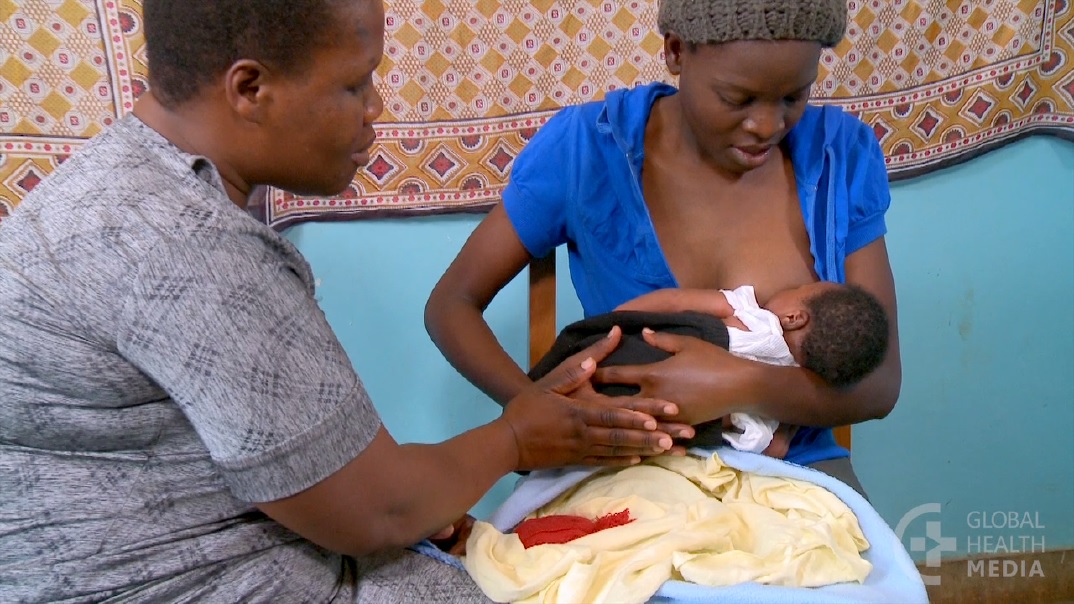 For adults - Regidron, for children - Regidron-Bio.
For adults - Regidron, for children - Regidron-Bio.
How to stop vomiting if there is nothing to vomit
There are cases when the gag reflex persists even when there is nothing left to vomit. In such a situation, parents try to find a way to stop the child from vomiting.
However, pediatric gastroenterologist Elena Grek warns that the only option is to seek medical help: “All parents can do is move the child to a cool and quiet room, dim the lights, put something cold on the head, pat on the head or tummy. In other words, try to calm down while waiting for the doctor.”
close
100%
Doctor or ambulance
How do I know if my child needs an ambulance or is it enough to wait for a doctor?
Andrey Kurenkov advises to focus on your own life experience:
“You have to solve only one question on your own: the child needs emergency or planned medical care. If, in the process of waiting for the doctor, despite your efforts to drink water, the child's condition worsens and his urination becomes less frequent, you need to call an ambulance.
The doctor emphasizes that no medication should be given until the doctor arrives, all the efforts of the parents should be devoted to feeding the child with low-osmolar oral rehydration agents, which were discussed above. This will help prevent dehydration.
What to do after a child has vomited
Doctors specify that the universal remedy for vomiting in children is drinking.
Elena Grek tells what to drink and even feed a child after vomiting: “If the body perceives liquid well, then warm weak tea can be added to the water. The drink should not be made too hot. Tea can be sweetened and a little lemon can be added to restore the acid balance. Any food after vomiting should also be liquid and homogeneous in composition. Porridge or chicken broth will do. Fatty and fried foods should be avoided.
But if the vomiting does not stop, the head and stomach begin to hurt, loose stools appear, the temperature rises, and the child himself is lethargic and unable to even drink, the doctor warns: you should immediately seek medical help.








